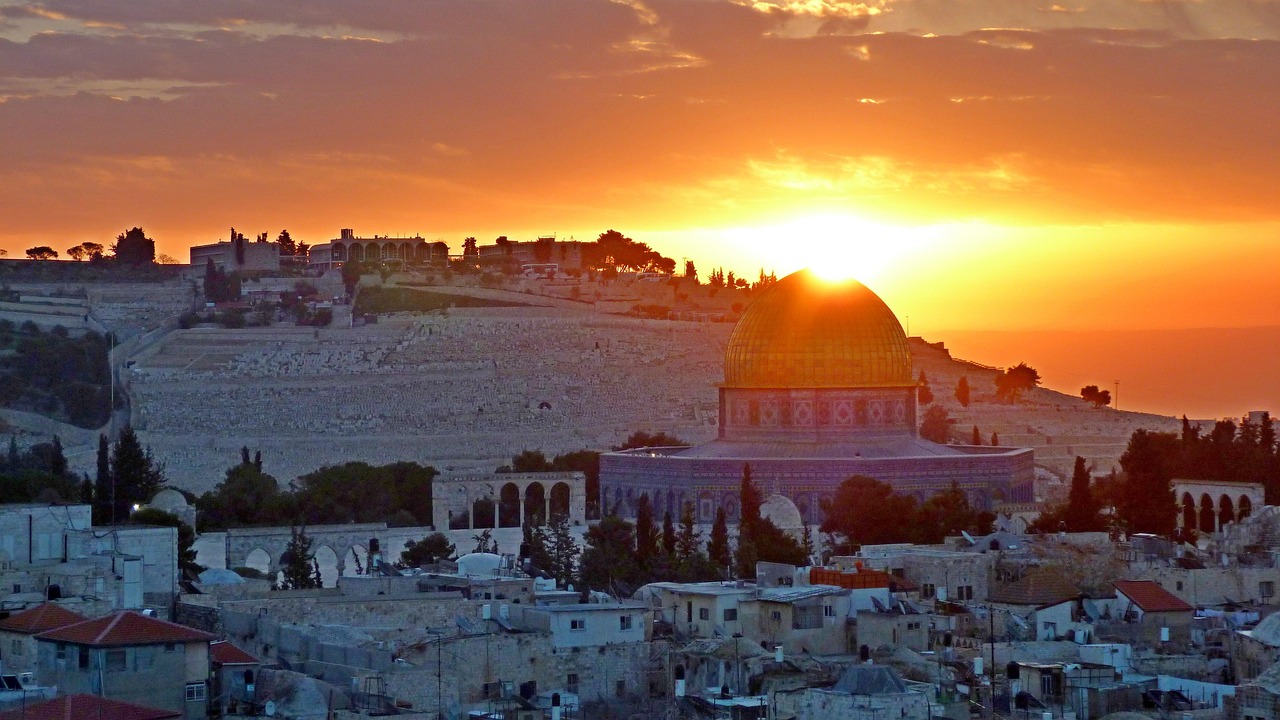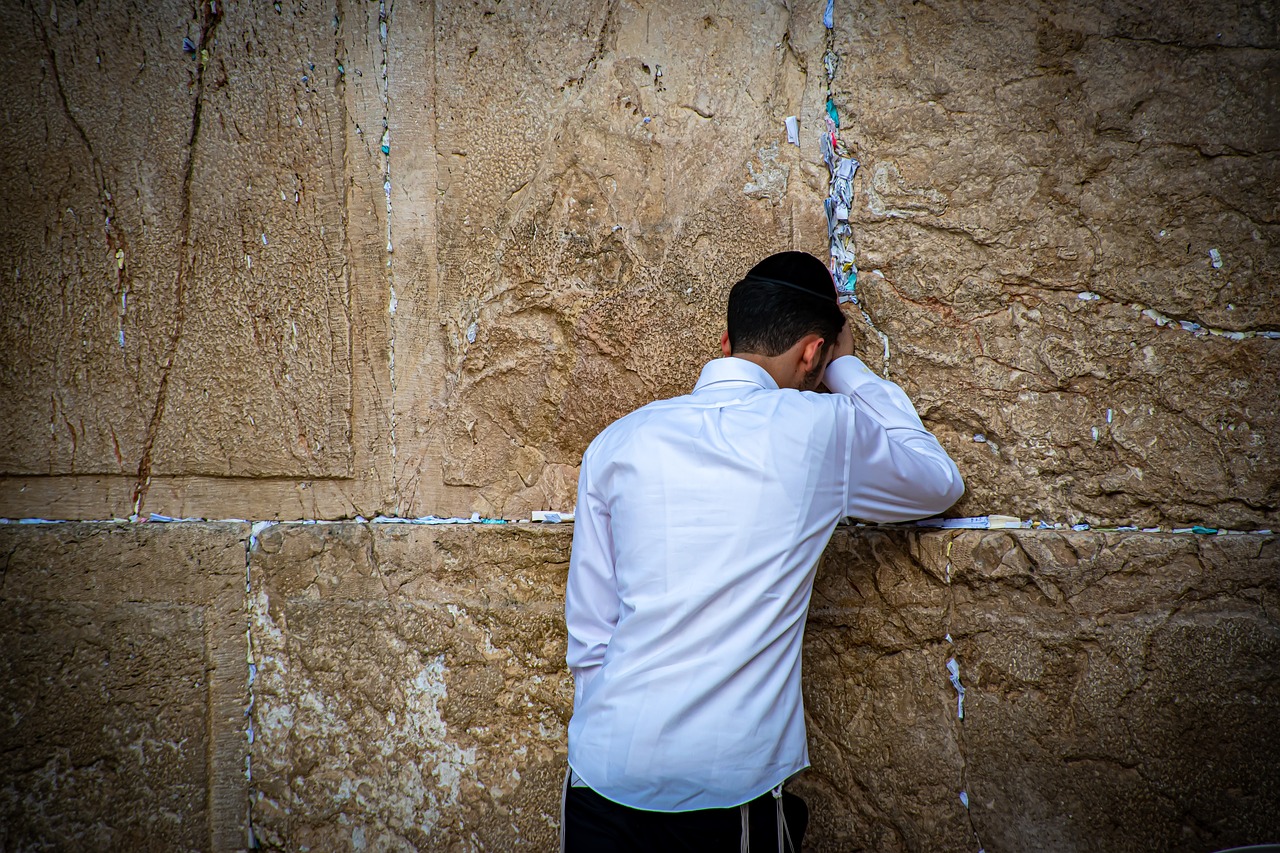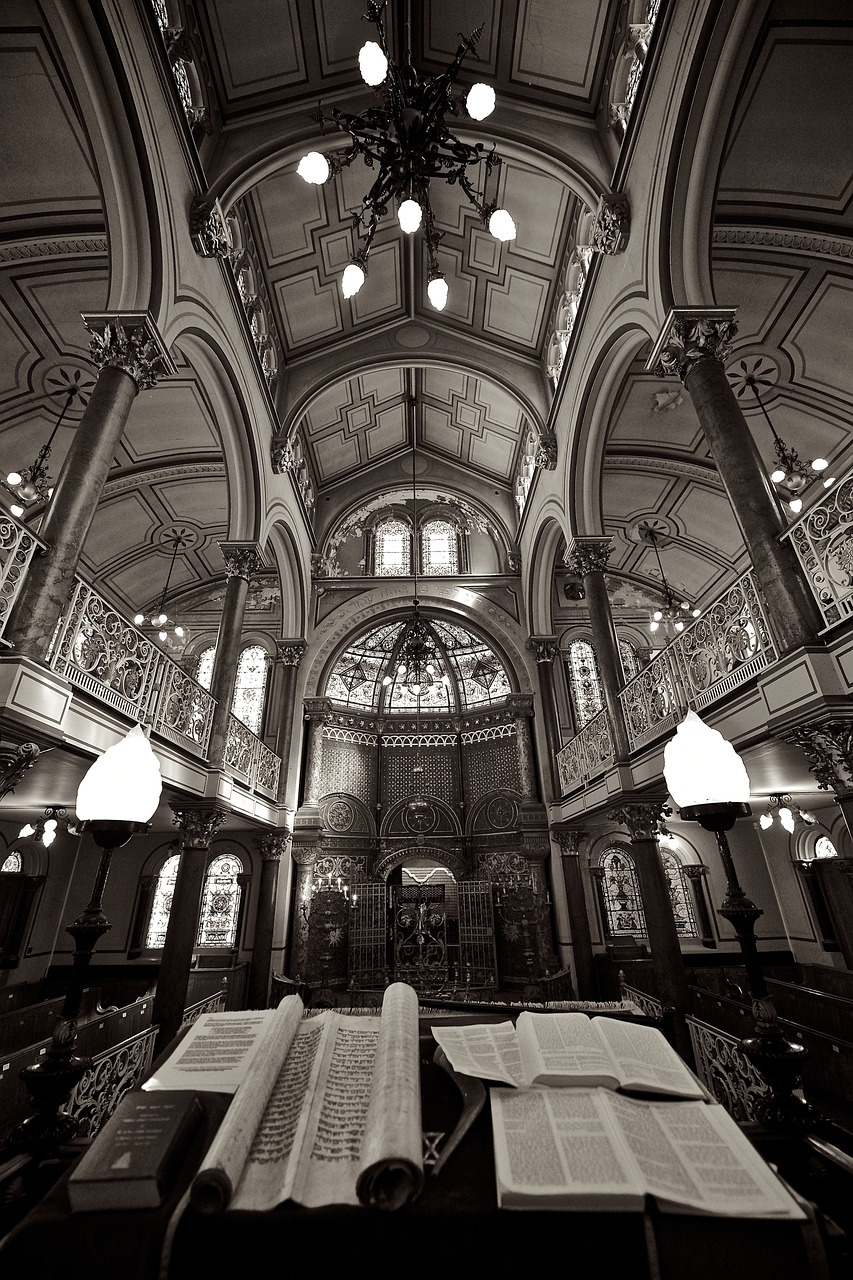Weathering Israel: Seasonal Changes and What to Expect
Israel is a country known for its diverse climate and varied landscapes. From the Mediterranean coastline to the arid desert regions, each area experiences unique weather patterns throughout the year. Understanding the seasonal changes in Israel can help visitors plan their trips accordingly and make the most of their time in this beautiful country.
Spring
During springtime in Israel, which typically spans from March to May, the weather is mild and pleasant. The temperatures begin to rise, with average highs ranging from 20°C to 25°C (68°F to 77°F). The coastal regions experience moderate temperatures, while the inland areas can be slightly warmer. It is advisable to pack light clothing, including shorts and t-shirts, along with a light jacket for cooler evenings.
- Flowers in Bloom: Spring is the ideal time to witness the breathtaking display of wildflowers blooming across the country. The Negev Desert and Galilee region are particularly famous for their vibrant floral landscapes.
- Easter Celebrations: Jerusalem attracts pilgrims from around the world during the Easter season. The city’s churches and holy sites host various religious processions, making it an exceptional time to visit for those interested in religious and cultural experiences.
- Outdoor Activities: The pleasant weather during spring makes it an ideal time for outdoor activities such as hiking, cycling, and exploring national parks and nature reserves. The Golan Heights and the Carmel Mountains offer stunning landscapes for adventure enthusiasts.
Summer
Summer in Israel, from June to August, is characterized by hot and dry weather. Average temperatures can range from 30°C to 35°C (86°F to 95°F) in the coastal regions and even higher in the desert areas. It is important to pack lightweight and breathable clothing, sunscreen, and a hat to protect against the intense sun.
- Beach Time: Israel’s Mediterranean coastline is a popular destination during the summer months. The beaches offer a refreshing escape from the heat, with crystal-clear waters and vibrant beach culture.
- Festivals and Events: Summer in Israel is packed with festivals and events. The Tel Aviv Pride Parade, Jerusalem Film Festival, and Tamar Festival in the Dead Sea region are just a few examples of the vibrant cultural scene during this season.
- Water Activities: With the warm temperatures, summer is perfect for water-based activities such as snorkeling, scuba diving, and sailing. Eilat, located on the Red Sea, is a popular destination for diving enthusiasts.
Fall
Fall, from September to November, brings relief from the summer heat as temperatures begin to cool down. The average temperatures range from 25°C to 30°C (77°F to 86°F) in the coastal regions, while the inland areas experience slightly cooler weather. It is recommended to pack light layers for the fluctuating temperatures.
- Harvest Season: Fall is the time for agricultural harvests in Israel. Visitors can participate in grape harvesting and wine festivals in the Galilee region or olive picking in the Jerusalem hills.
- Jewish High Holidays: Fall is an important time for Jewish celebrations, including Rosh Hashanah (Jewish New Year) and Yom Kippur (Day of Atonement). Exploring the cultural and religious significance of these holidays can be a unique experience for visitors.
- Hiking and Nature Walks: The cooler temperatures make fall an excellent time for outdoor activities. The Carmel Mountains and the Judean Desert offer picturesque hiking trails and nature walks.
Winter
Winter in Israel, from December to February, brings cooler temperatures and occasional rainfall. The coastal regions experience mild winters, with average temperatures ranging from 15°C to 20°C (59°F to 68°F). Inland areas, such as Jerusalem and the Galilee region, can be colder, with temperatures dropping below 10°C (50°F). It is advisable to pack warm clothing, including sweaters, jackets, and waterproof gear.
- Christmas Celebrations: Bethlehem, the birthplace of Jesus, attracts thousands of pilgrims during the Christmas season. The city’s churches and religious sites host special services and events, creating a festive atmosphere.
- Skiing in the North: The Mount Hermon region in the Golan Heights offers skiing opportunities during the winter months. It is a unique experience to hit the slopes and enjoy the snow-covered landscapes in Israel.
- Indoor Exploration: Winter is a great time to explore Israel’s indoor attractions, such as museums, art galleries, and historical sites. The Israel Museum in Jerusalem and the Tel Aviv Museum of Art are must-visit destinations for art enthusiasts.
Israel Image 1:

Spring in Israel
Spring is a beautiful time to visit Israel, with pleasant temperatures and colorful landscapes. The country comes alive with blooming flowers, offering a picturesque backdrop for outdoor activities and exploration. Whether you’re hiking through the Negev Desert or strolling along the Mediterranean coast, the vibrant colors of spring will leave you in awe.
- Wildflower Fields: The Negev Desert and Galilee region are known for their stunning displays of wildflowers during spring. Fields of red anemones, purple lupines, and yellow marigolds create a captivating sight.
- Moderate Temperatures: Spring in Israel offers mild and comfortable temperatures, making it an ideal time for outdoor adventures. With average highs ranging from 20°C to 25°C (68°F to 77°F), you can enjoy activities like hiking, biking, and picnicking without the scorching heat of summer.
- Cultural Festivals: Spring in Israel is also a season of cultural celebrations. The Jewish holiday of Passover, commemorating the liberation of the Israelites from slavery in ancient Egypt, is a significant event. Visitors can witness traditional Passover seders and explore the rich customs and traditions associated with this holiday.
Israel Image 2:

Summer in Israel
Summer in Israel brings sunny days and warm temperatures, making it the perfect time to enjoy the country’s stunning beaches and vibrant cultural scene. From lively festivals to refreshing dips in the Mediterranean Sea, summer in Israel offers endless opportunities for fun and relaxation.
- Beach Paradise: With its long coastline along the Mediterranean Sea, Israel boasts beautiful sandy beaches. From the bustling shores of Tel Aviv to the tranquil coves of Haifa, you can soak up the sun, swim in crystal-clear waters, and indulge in beachside activities.
- Cultural Events: Summer is a season of festivals and events in Israel. The Tel Aviv Pride Parade, one of the largest LGBTQ+ events in the world, takes place in June. The Jerusalem Film Festival showcases a diverse range of international and Israeli films, attracting film enthusiasts from around the globe.
- Outdoor Adventures: Summer is the perfect time to explore Israel’s natural wonders. From hiking trails in the Galilee region to snorkeling in the Red Sea, outdoor enthusiasts can enjoy a wide range of activities in the country’s diverse landscapes.
Israel Image 3:

Fall in Israel
Fall in Israel brings relief from the summer heat, allowing visitors to explore the country comfortably. With pleasant temperatures and cultural festivities, this season offers a unique blend of natural beauty and cultural experiences.
- Harvest Celebrations: Fall marks the harvest season in Israel, and visitors can partake in traditional agricultural activities. From grape harvesting in the Galilee region to olive picking in the Jerusalem hills, you can immerse yourself in the vibrant agricultural traditions of the country.
- Jewish High Holidays: Fall is a significant time for Jewish celebrations, including Rosh Hashanah (Jewish New Year) and Yom Kippur (Day of Atonement). Visitors can witness the unique customs and rituals associated with these holidays and gain insight into Jewish culture and traditions.
- Nature Exploration: The cooler temperatures of fall make it an ideal season for hiking and nature walks. The Carmel Mountains and the Judean Desert offer picturesque trails and breathtaking views, allowing you to connect with nature and enjoy the changing colors of the landscape.
Winter in Israel
Winter in Israel brings a change of scenery, with cooler temperatures and occasional rainfall. While the country may not experience heavy snowfall, there are still plenty of unique experiences to enjoy during the winter months.
- Christmas in Bethlehem: Bethlehem, located just outside Jerusalem, is the birthplace of Jesus and attracts pilgrims from around the world during the Christmas season. Visitors can witness the festive atmosphere, attend special church services, and explore the historic sites associated with the biblical story.
- Skiing in the Golan Heights: The Mount Hermon region in the Golan Heights offers skiing opportunities during the winter months. With its snow-covered slopes and stunning vistas, it’s a popular destination for winter sports enthusiasts.
- Indoor Explorations: Winter is an excellent time to explore Israel’s indoor attractions. Museums, art galleries, and historical sites offer a glimpse into the country’s rich history and culture. The Israel Museum in Jerusalem and the Tel Aviv Museum of Art are must-visit destinations for art lovers.
Conclusion
Israel’s seasonal changes offer a wide range of experiences for visitors throughout the year. From the colorful blooms of spring to the sunny beaches of summer, the harvest celebrations of fall, and the unique winter activities, each season brings its own charm and opportunities for exploration. By understanding the weather patterns and cultural events of each season, travelers can plan their trips accordingly and make the most of their time in this diverse and captivating country.
References
– Israel Ministry of Tourism: tourism.gov.il
– Israel Meteorological Service: ims.gov.il
– The Times of Israel: timesofisrael.com
– Lonely Planet Israel: lonelyplanet.com/israel
– National Geographic: nationalgeographic.com

